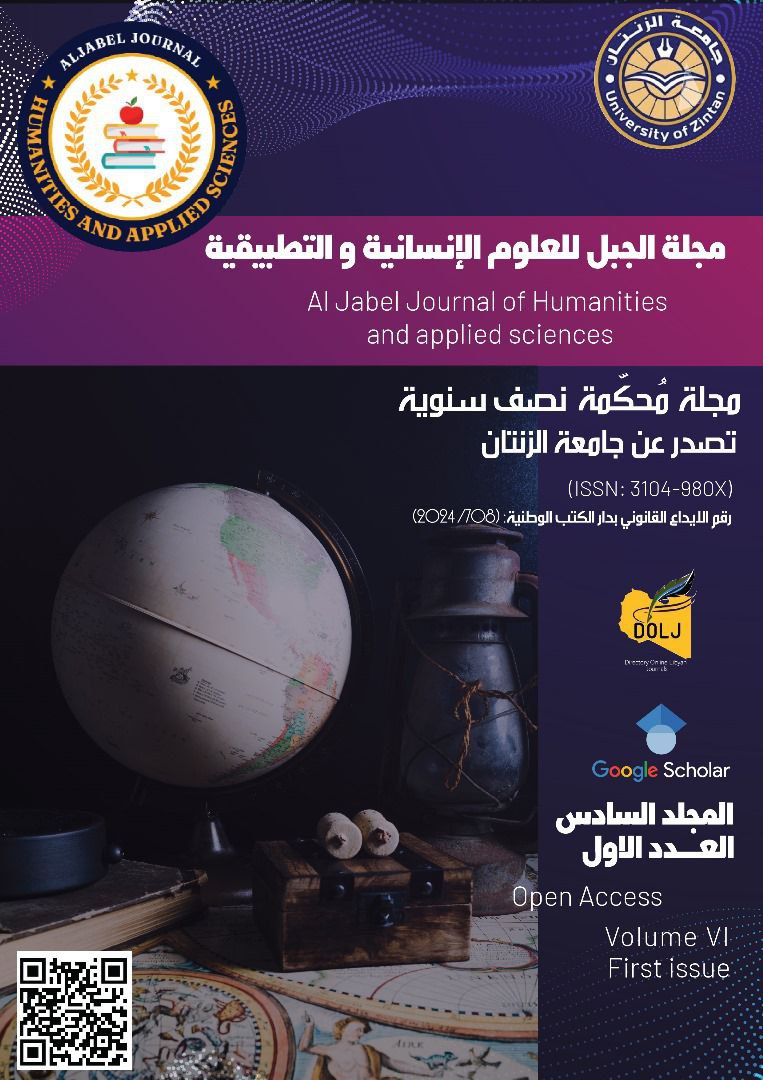قتل الخطأ في حوادث السير بين الشريعة والقانون
Abstract
This research study examines the issue of "manslaughter in traffic accidents" from a comparative perspective, analyzing the relevant provisions of Islamic Sharia law and Libyan legislation. Its objective is to define the concept of manslaughter in this context, clarify its elements, explain the criteria for determining the negligence that constitutes criminal liability, and review the legal basis for the penalties prescribed by both legal systems. The researcher employed a descriptive-analytical approach, presenting, analyzing, and interpreting the relevant legal and religious texts, while also referencing relevant jurisprudential and judicial opinions. The study concludes that there is agreement between Sharia law and Libyan law regarding the general principles governing the criminalization of manslaughter in traffic accidents, such as the requirement of negligence as a fundamental element of liability. However, differences exist in the nature of the prescribed penalties (blood money and expiation in Sharia law, and imprisonment and fines in Libyan law) and in some details concerning the elements of the crime, the determination of negligence, and ancillary penalties. The researcher also emphasized the importance of the role of the state and individuals in preventing such accidents. Finally, the study offers a set of recommendations aimed at enhancing road safety and clarifying the legal and religious aspects related to these crimes.




